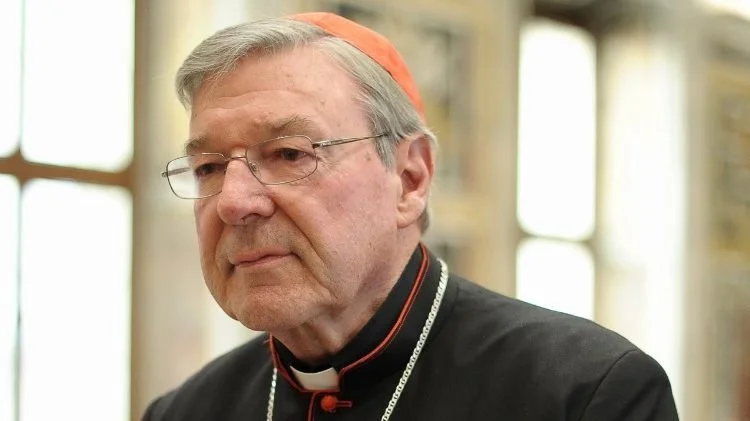When faith and politics collide, it is often the case that people are inclined to take sides and to forget humanity while engaging in animosity.
A powerful example of how to keep one’s humanity in a Christian spirit has been displayed by Czech Cardinal Dominik Duka this week, when he was interviewed regarding two of his employees running for election with right wing parties.
The political activities of Josef Nerušil and Hana Lipovský have caused serious objections from liberal Catholics in the Czech Republic, with twenty six prominent Catholics releasing a recent public letter calling on Cardinal Duka to disown the pair. The open letter stated:
We fear that some information about your attitudes is confusing to both the Catholic and non-Catholic publics, and in the eyes of many people, it legitimizes political forces that are completely contrary to the basic principles of gospel, joy, peace, and justice
We therefore believe that, at this moment, there is an urgent need for you to stand clearly and convincingly on the side of truth and justice, on the democratic direction of our country, in order to promote the prestige of the Catholic Church in the eyes of the public. On the contrary, the impression that the Catholic Church is dangerously messing with extreme political currents, reinforced by uncertainty about your true views, could lead to a further departure of people of goodwill from the Catholic Church.
Despite facing public pressure to disown the pair, Cardinal Duka has given an interview to Konzervativ Ninoviny in which he gave a thoughtful and Christian response on the matter:
The Church is not an organization that has led a political life. Although it is often associated with certain movements. This may have been the case in history, but the Second Vatican Council declared that this path was not possible. Each Catholic chooses according to his conscience. We know and know Mrs Lipovsky's statement, so it will now be up to her to what extent she fulfils her mission and how she goes forward. Even the bishops' conference does not tell believers which party is electable and which is uneatable. They must respect freedom of conscience and have confidence in our believers that they can carry out their political engagement in the spirit and conscience of a Christian. That's all I can say as my office, and I'm not authorized to do so.
Cardinal Duka lived under Communism and knows full well that state and church’s relationship can become toxic and authoritarian. With that in mind, another comment that he made in the same interview was the most meaningful:
We must realise that it is a democracy and, if we are a democratic state, the political parties represented in parliament meet the basic parameters of a democratic system. And then it's up to those people to decide. And then we know that a large part of political parties are silent in many areas. Even if they are radical-left actions that literally undermine all the foundations of Christian civilization. And it doesn't cause any outrage at all. We are in a situation where many people believe that only some extreme attitudes can change the atmosphere in society.
As my office, I have to deal with every mayor when I come to the parish. No matter which party he was elected to. There's no other way. Just as I have to deal with all the parties in parliament. I have led various negotiations and from different levels since 1990. I have to understand every person. Even if it doesn't go the way I want it to go. And it can go in a direction that I may even rightly consider wrong. But I can't write him off. I can't distance myself from him.
This debate is currently raging across Europe, should pro abortion pro Globalism politicians be considered to be more acceptable just because they are on media outlets every day, while nationalist and conservative politicians are faced with expulsion?
The church will come under increasing pressure to denounce non Globalist politicians across Europe as the forces of Globalism lose their grips on power, as is happening in Germany, Italy, France and Spain. The cardinal’s response seems the fairest example.











He said that he ‘admired’ Pope Benedict XVI.